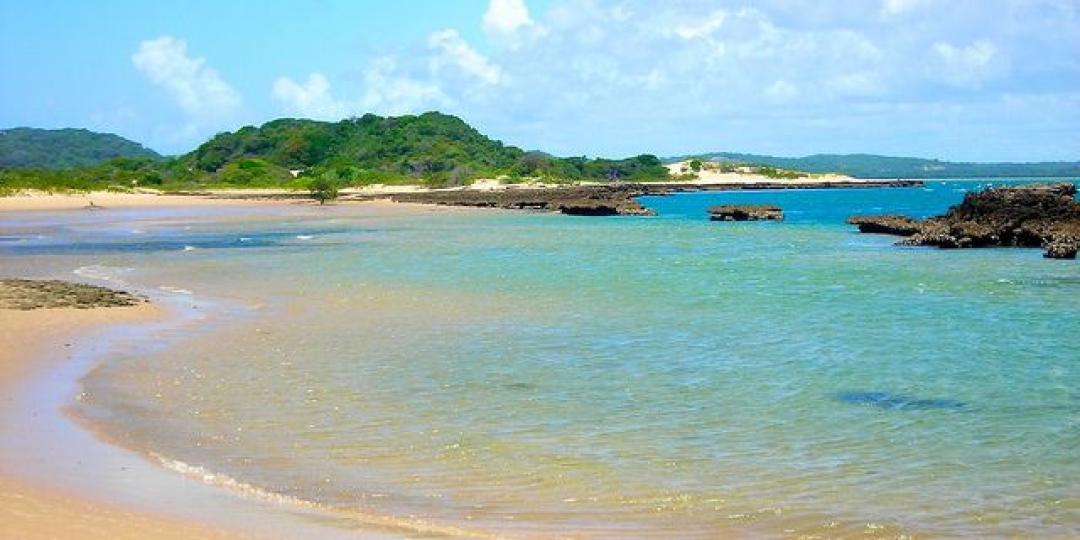Mozambique has finally joined its Southern Africa counterparts in dropping the requirement for PCR tests for inbound travellers fully vaccinated against COVID-19.
All unvaccinated travellers, with the exception of children under the age of 11, must present a negative PCR test for COVID-19 taken within the previous 72 hours. Travellers who do not submit a vaccine certificate or PCR test must do an antigen test on arrival.
This was announced yesterday (Wednesday, April 20) by President Filipe Nyusi who said this was in response to a dramatic drop in the number of COVID-19 infections in the country as well as the achievement of a high rate of vaccination.
He pointed out that, to date, about 13.7 million Mozambicans aged 18 and above had been vaccinated against COVID-19, which leaves about one and a half million people who are not vaccinated.
A number of health and safety protocols remain, including wearing masks when travelling on public transport and in closed spaces. Masks are not required outdoors.
The tourism industry has welcomed this latest development, with Co-Founder of Destination Mozambique, Cordelia Masher, telling Tourism Update: “The good news has arrived at a time when international travel is finally resuming and Mozambique now joins the rest of Southern Africa in acknowledging the need to remove PCR testing for vaccinated travellers.”
She said this would encourage more visitors to Mozambique. “As we move into our post-COVID era, we hope to work more closely with government to grow the tourism industry and develop a partnership in successfully marketing the destination to assist with the tourism industry creating jobs and further investment into Mozambique.”
Nikki Weidemann, who co-founded Destination Mozambique with Masher, was equally upbeat. “We are excited to get Mozambique back on the map and although the past two years have been a trying time for tourism, it has brought about new opportunities for the destination and already we have seen new hotels and lodges being built, international airlines indicating that they will be returning to our skies and, of course, the stories of the developments in the national parks have been encouraging.”
One of the most significant developments in the national parks Weidemann referred to is the establishment – in December 2021 – of the new Maputo National Park following the merging of the terrestrial and marine ecosystems of Maputo Special Reserve and Ponta do Ouro Partial Marine Reserve into one conservation area.























